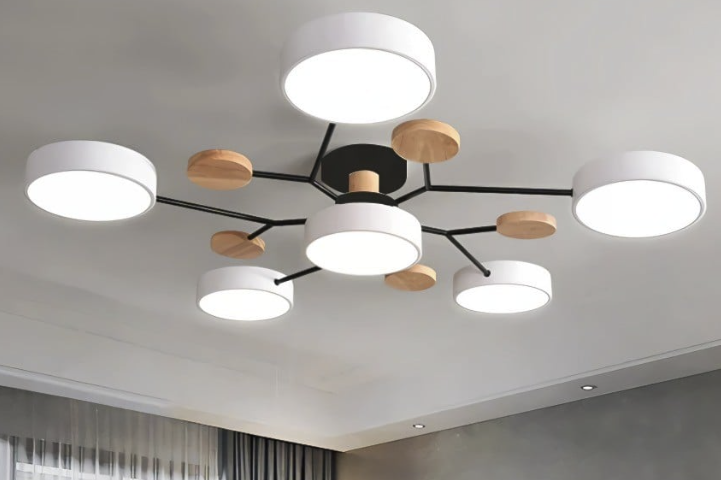Introduction
Electric light has revolutionized the way we live our lives. Before the invention of this groundbreaking technology, people were limited to working and living in natural light, which constrained their activities to only daytime hours. With the advent of electric light, however, people were given the ability to work, study and enjoy leisure activities long into the night. In this article, we will delve deeper into the history, evolution and impact of electric light on modern day living.
History of Electric Light
The story of electric light dates back to the 19th century. Thomas Edison, a prolific inventor, is widely credited with developing the first commercially viable electric light bulb. In 1879, Edison conducted numerous experiments utilizing the newly discovered filament material, which sparked the creation of the iconic light bulb we see today.
However, Edison was not the only inventor working on the electric light bulb. Others, such as Joseph Swan and Nikola Tesla, also contributed significantly to the development of this groundbreaking technology. Overall, their collective efforts led to the widespread adoption of electric light and marked the beginning of a new era in human history.
The Evolution of Electric Light
Over the years, electric light technology has evolved tremendously. From the first incandescent bulbs, we now have LED (Light Emitting Diode) and CFL (Compact Fluorescent Light) bulbs, which use significantly less energy and last much longer. Moreover, advancements in control systems and sensors have enabled the creation of smart lighting systems, which allow users to control lighting levels and colors through an app or voice commands.
Energy Efficiency and Carbon Footprint
The evolution of electric light technology has not only improved lighting experiences but also contributed to energy efficiency and reduced carbon footprints. With the increased use of LED and CFL bulbs, household and commercial energy consumption has significantly decreased. Businesses and individuals have benefited from reduced electricity bills while also playing their part in mitigating climate change.
Impact on Human Health
Electric light has also had a significant impact on human health. Since the invention of electric light, people can work, study, and enjoy leisure activities anytime, regardless of the natural light conditions. This has led to longer working and study hours, which may cause sleep disruptions and other related health challenges.
Light exposure, especially blue light, during sleep hours has been shown to affect circadian rhythms, which could lead to insomnia and other sleep disorders. To mitigate this, manufacturers have created blue light filters for electronic devices, such as phones and tablets. Research is still ongoing to develop innovative solutions that provide a balance between the benefits of electric light and the need for quality sleep.



